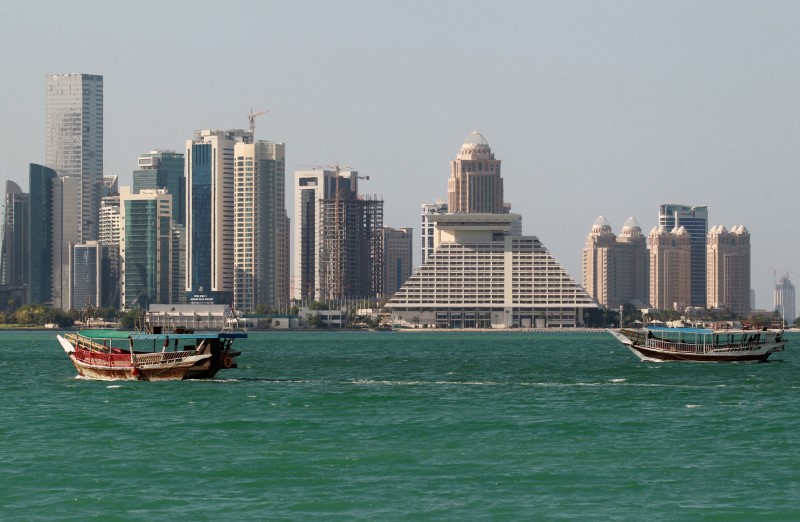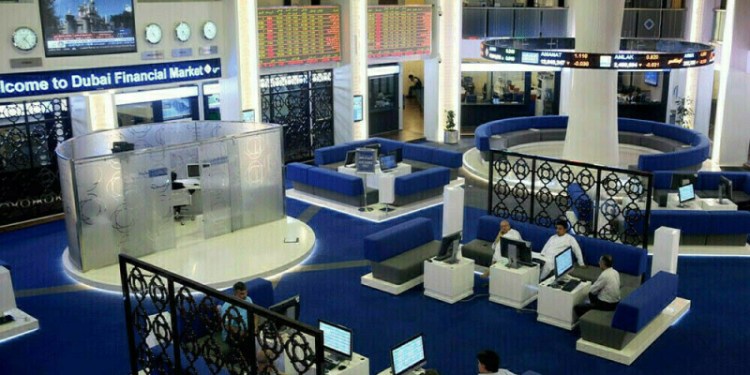 © Reuters. Buildings are seen on a coast line in Doha
© Reuters. Buildings are seen on a coast line in DohaBy Tom Miles
GENEVA (Reuters) – Qatar took the final step on Wednesday to start litigation at the World Trade Organization in its row with the United Arab Emirates, but no other WTO members spoke up in support of the move, which many trade experts see as a dangerous precedent.
The UAE was one of four countries – along with Saudi Arabia, Bahrain and Egypt – that cut ties with Qatar, a major gas supplier and site of the biggest U.S. military base in the Middle East, on June 5. They accused Qatar of financing militant groups in Syria and allying with Iran, their regional foe.
Qatar denied the allegations and opened WTO dispute proceedings against the UAE, Saudi Arabia and Bahrain. It pressed its case against the UAE alone, and last month it asked the WTO to set up an adjudication panel [nL8N1MN6EE].
The UAE was allowed to block Qatar’s request once, but could not block a second request for a panel, which came on Wednesday.
The UAE has already said that it plans to thwart the Qatari litigation by resorting to the WTO’s national security exception – something never before tested as a defense in WTO litigation.
Qatar’s representative at the WTO’s dispute settlement body on Wednesday said the UAE had used “provable fabrications, and rhetoric not befitting of this House”.
“UAE has asserted an absolute unilateral right to be absolved of all of its substantive and procedural WTO obligations vis-à-vis Qatar based purely on its bald assertion that its coercive attempts to isolate Qatar reflect a security concern,” he said.
Trade diplomats have previously said that using the exception could open Pandora’s Box, since any of the WTO’s 164 members might cite national security to skirt the usual trade rules.
Qatar said it backed the right of countries to take bona fide measures to protect their security but that could not be a self-regulating defense. No country speaking at the meeting disputed the UAE’s right to invoke national security but none spoke up in favor of Qatar’s move to litigate either.
The United States said the dispute panel should simply limit its findings to say the security exception had been invoked, according to a trade official attending the meeting.
Yemen said the issue should be resolved within the Gulf Cooperation Council, while South Korea said the WTO was not the right forum for resolving a political dispute. China’s representative said the national security exception was sensitive and should be used only exceptionally.
Canada’s representative suggested that WTO Director General Roberto Azevedo could use his good offices to try to resolve the dispute.
Fusion Media or anyone involved with Fusion Media will not accept any liability for loss or damage as a result of reliance on the information including data, quotes, charts and buy/sell signals contained within this website. Please be fully informed regarding the risks and costs associated with trading the financial markets, it is one of the riskiest investment forms possible.
Source: Investing.com





























